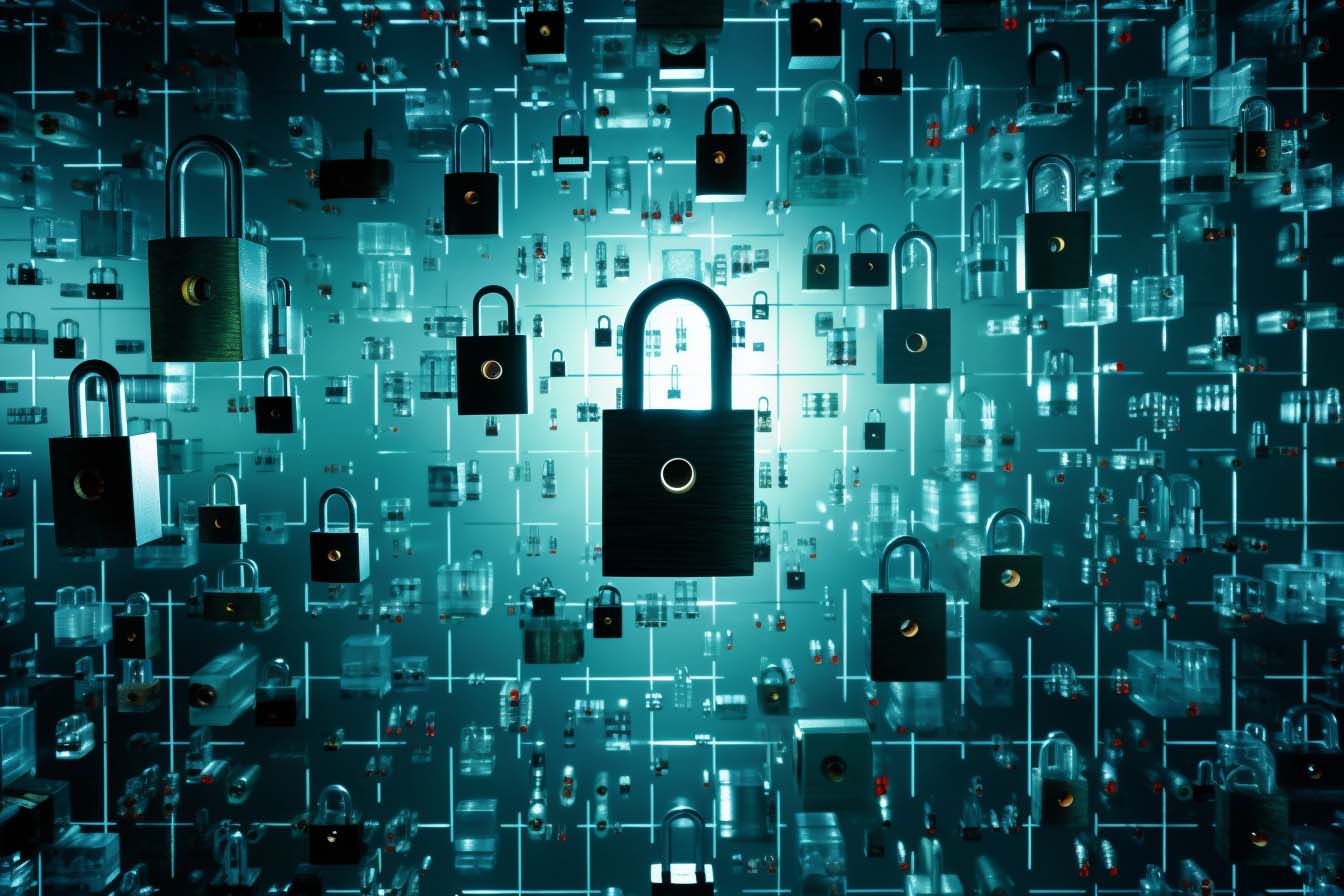TLDR:
- A cyber vigilante known as P4x disrupted North Korea’s internet in retaliation for being targeted by North Korean spies, drawing the attention of the US government.
- Sophisticated state-sponsored hackers exploited a critical vulnerability in Palo Alto Networks firewalls to implant a custom backdoor.
- Telegram fixed a zero-day vulnerability that allowed unauthorized Python scripts to be executed.
- Roku experienced a significant security breach impacting 576,000 accounts due to credential stuffing attacks.
- A spyware implant called LightSpy targeted South Asian iPhone users, with possible state-sponsored involvement from China.
In a recent round-up of cybersecurity news, a Colombian-American cybersecurity entrepreneur, Alejandro Caceres, revealed himself as the cyber vigilante P4x who disrupted North Korea’s internet in retaliation for being targeted by North Korean spies. His actions, rather than facing legal consequences, drew the attention of the US government, which tried recruiting him for their cyber warfare efforts. This incident highlights the need for a more aggressive cyber strategy.
Sophisticated state-sponsored hackers exploited a critical vulnerability in Palo Alto Networks firewalls, leading to unauthorized access and data exfiltration in secured networks. This incident underscores the strength of state-sponsored hackers and the importance of implementing defense in depth strategies to protect against such attacks.
Telegram addressed a zero-day vulnerability in its Windows desktop application that allowed unauthorized Python scripts to be executed, implementing a server-side update to mitigate the issue. However, the fix has been criticized for feeling hastily put together.
Roku experienced a significant security breach impacting 576,000 accounts due to credential stuffing attacks, where attackers used stolen login credentials from other platforms to gain unauthorized access. Roku has reset passwords, enabled two-factor authentication by default, and is actively refunding any unauthorized transactions.
A spyware implant called LightSpy targeted South Asian iPhone users, harvesting personal information and potentially involving state-sponsored activity from China. Apple issued threat notifications to users in affected regions to address the serious threat posed by this spyware.







